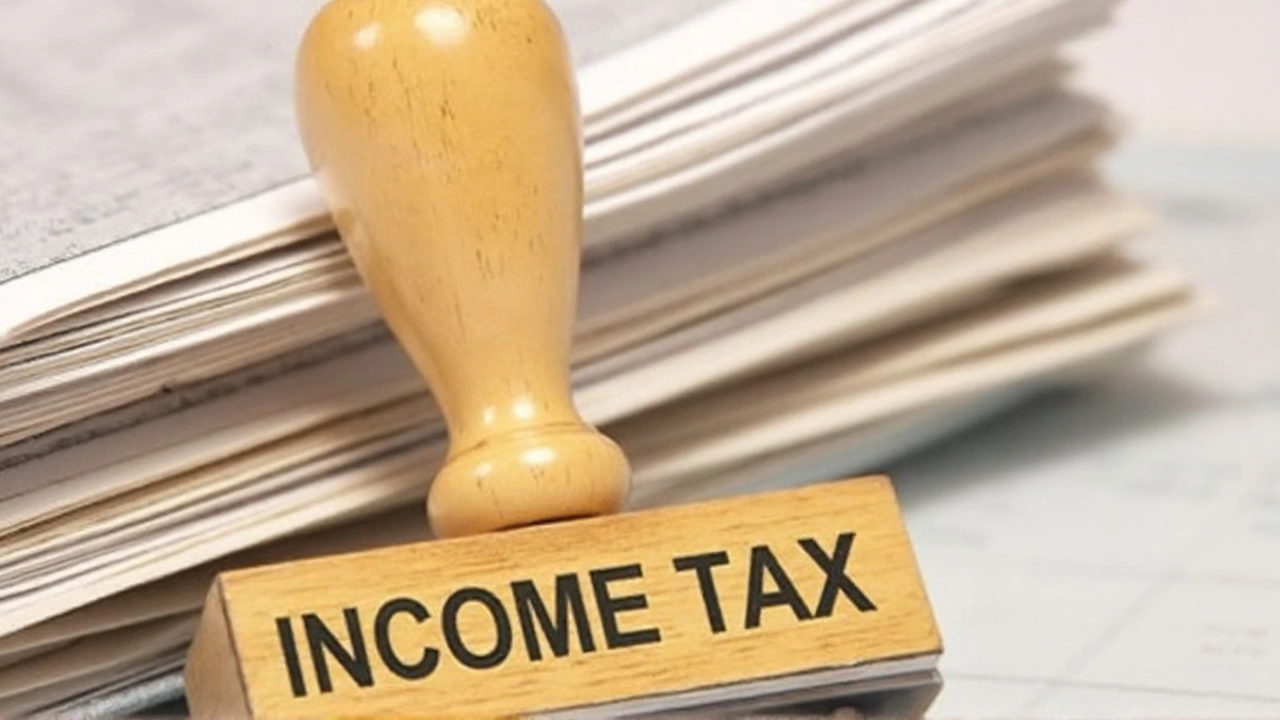Section 234F Penalty – Simple Guide to Avoid Fines
If you’re filing taxes in India, you’ve probably heard the term “Section 234F penalty.” It’s the fine the tax department levies when you miss the deadline for filing your income‑tax return. The good news? It’s easy to understand and even easier to prevent.
When does the penalty kick in?
Section 234F applies the moment the due date for filing your return passes without a valid return in the system. The deadline is usually July 31 for individuals, unless you’ve received an extension. If you file after that date, the penalty starts adding up automatically.
How much will you pay?
The law fixes the fine at ₹5,000 for returns filed after the due date but before the end of the assessment year. If the delay stretches beyond the assessment year, the penalty can rise to ₹10,000. The amount doesn’t change based on your income – it’s a flat rate.
Many people think the penalty is a huge burden, but in the grand scheme of your tax liability, it’s a small price to pay for staying compliant. The key is to avoid it altogether.
Quick ways to skip the penalty
File early. Even if you’re still gathering documents, submit a provisional return. You can amend it later, but you’ll dodge the fine.
Apply for an extension. The tax department can grant a short extension if you have a valid reason, like a delayed Form 16. Get the approval before the deadline.
Use the online portal. The Income Tax e‑filing website sends reminders and makes the process faster. A few clicks can save you ₹5,000.
What if you’ve already been fined?
You can pay the penalty online through the same e‑filing portal. Choose the “pay tax & penalty” option, enter the amount, and complete the transaction. Keep the receipt – you’ll need it for future reference.
If you think the penalty was levied in error, you can appeal to the tax authority within 30 days of the notice. Provide evidence like a delayed Form 16 or a genuine medical emergency. Most appeals are resolved within a few weeks.
Common FAQs
Does the penalty apply if I have zero taxable income? Yes. The rule is about filing on time, not about the amount of tax you owe.
Can I get a partial waiver? The tax department sometimes reduces the fine for first‑time offenders or if you pay within 30 days of the notice.
Is there a difference for businesses? Companies follow the same Section 234F rule, but their filing deadline is usually September 30, so the timeline shifts.
Bottom line: The Section 234F penalty is a straightforward, flat‑rate fine for late filing. By filing early, using the online portal, and keeping an eye on deadlines, you can keep your tax record clean and avoid the extra cost. Stay organized, set reminders, and you’ll never have to worry about that ₹5,000 surprise again.
